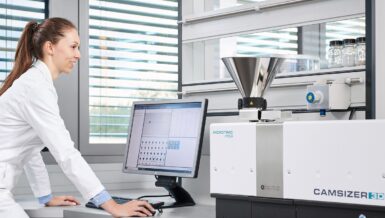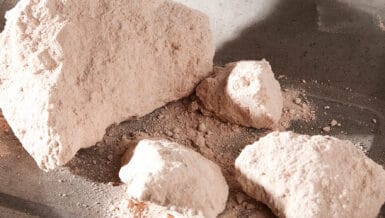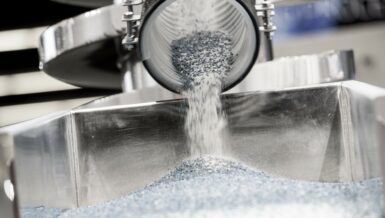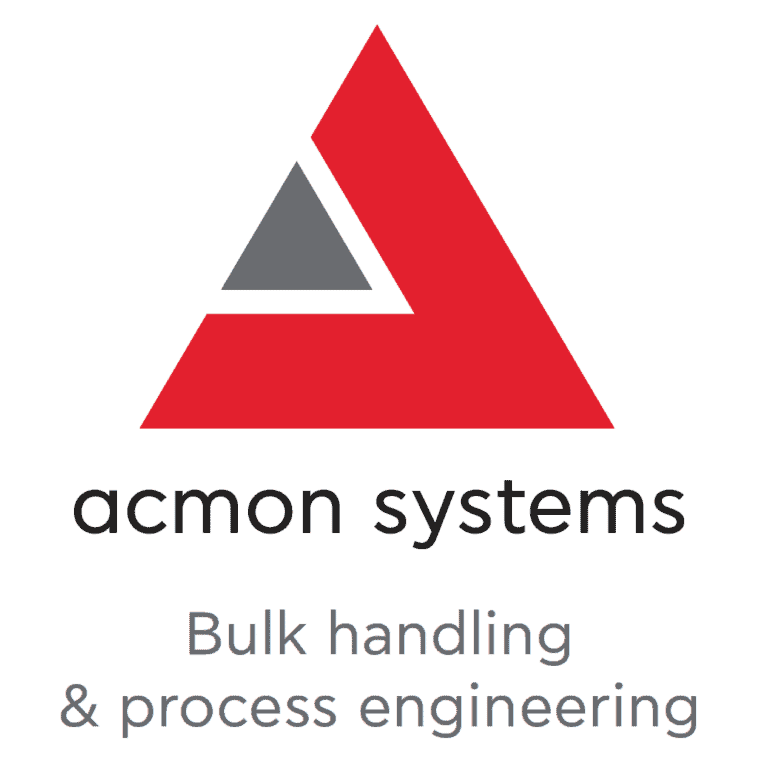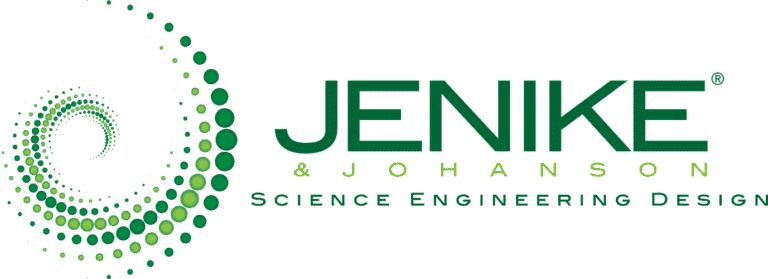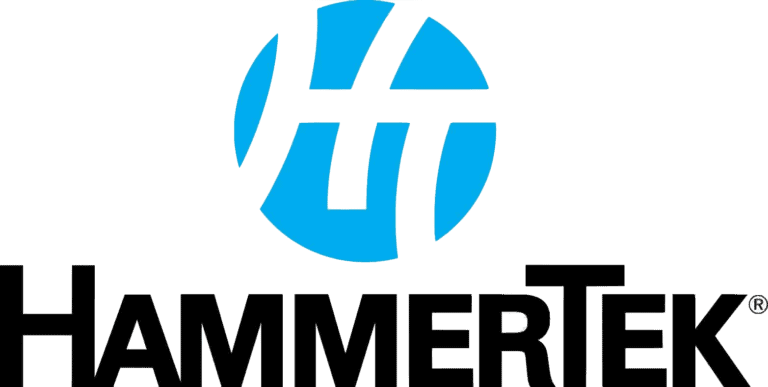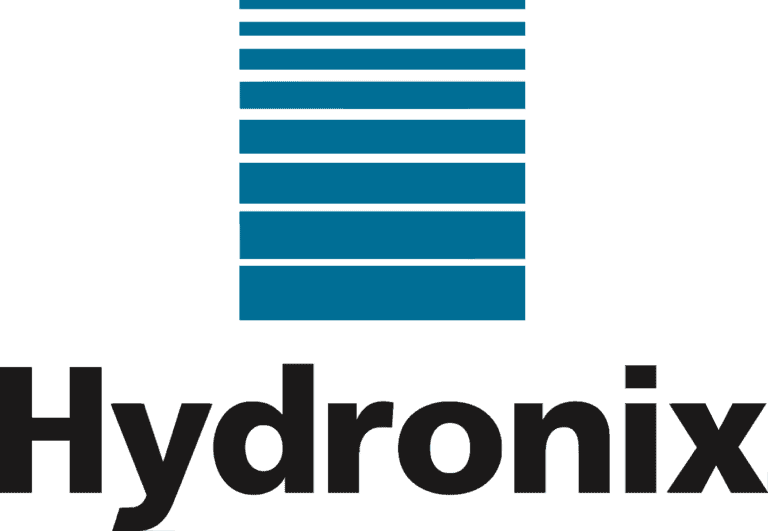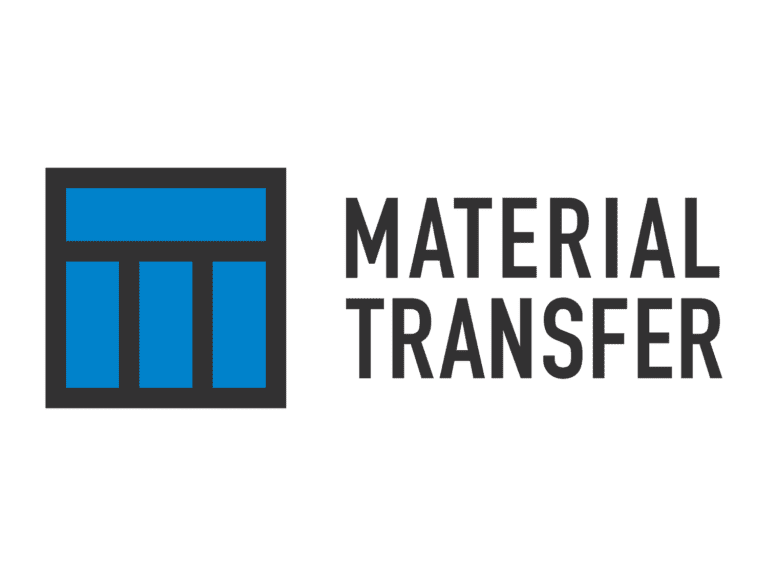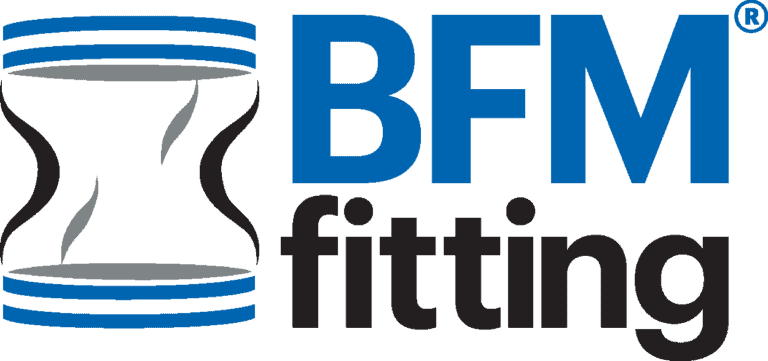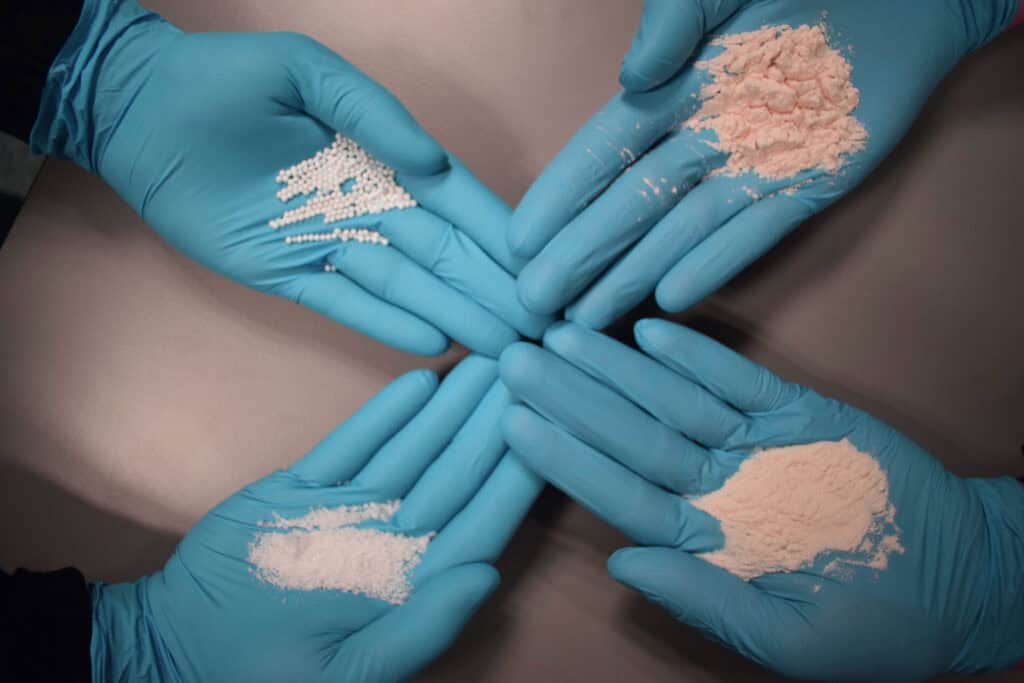We sat down with Sean Xu, researcher with Delft Solids Solutions. He is currently responsible for bringing a notable lecture on the testing methodologies for identifying and understanding certain undesired phenomena during transport and storage processes.
Sean, thank you for answering these questions to inform our readers about what they can expect during the seminar. Your lecture will be about testing methods. What type of testing methods will be discussed and how are they used?
During transport and storage, many undesired phenomena may occur, which can affect the efficiency of the process or even influence the quality of the products. For example, caking may occur during storage due to pressure consolidation and/ or under different environmental conditions. Attrition can occur during pneumatic transport utilizing kinetic energy transfer.
You’ve just mentioned caking, how does caking during storage happen?
Caking can occur when powder particles e.g. pick up moisture and tend to “stick” together. Likewise, the temperature of the environment can also induce phase transitions thereby changing the flow properties of materials. As a result of pressure, materials can undergo elastic and also plastic deformation, where especially the latter is greatly responsible for the formation of strong resistant cakes that can prevent big bags from discharging. All these phenomena are material dependent since physical properties like particle size, shape, porosity, and surface area play an important role. Due to this wide array of variables, caking is a difficult-to-predict phenomenon.
To simulate caking, you use a compact strength tester. How does the method work?
The compact strength tester employs uni-axial compaction of the material under certain conditions of pressure, time, relative humidity, and temperature. After a certain period of compaction, the unconfined material is then tested for its caking strength by measuring the failure of the compacted material and recording the failure pressure.
Can you give an illustration of when stickiness happens during storage at a production plant?
Unexpected stickiness may occur when the inlet air of a spray dryer is not fully conditioned and when the temperature and relative humidity of the ambient air changes, this has a great impact on the final product produced. Similarly, when a product is stored in a silo and the remaining water content in the product is different, over time with internal water migration this can lead to the formation of lumps.
How can this be resolved through laboratory testing and what type of tests are performed?
To prevent such stickiness from occurring requires a deeper understanding of the conditions under which this phenomenon takes place. We then typically assess by means of an experimental Mollier diagram under which combinations of temperature and relative humidity the material is in a sticky regime and under which conditions the material is in a non-sticky regime. We use water vapor sorption isotherms and a powder rheometer-based technology for acquiring deeper insight.
What do you hope people will take away from your lecture?
The seminar contains many different lectures from an academic perspective to an industrial perspective. Delft Solids Solutions tends to play a role as the bridge between knowledge and actual problem-solving. Testing can always guide the problem towards the often desired solutions.
What I want to bring to the audience is to show them:
- How Delft Solids Solutions comes up with solutions based on certain testing methodologies.
- What the audience can do when they face similar issues.
- Remind the audience that there can be potential hazards that have to be taken care of during transport and storage.
Is there a lecture from one of our partners you are most looking forward to and if so which one and why?
To be honest, I am looking forward to all lectures, for me, they are equally important and interesting since all lectures provide different types of knowledge, information, and cases within the transport and storage topic. For me, still, one aspect of the seminar I am very much looking forward to is the case study section, which will be held in the afternoon. This section provides a chance for the audience and lecturers to work as a team on certain problems. I believe this section gives the audience a deeper understanding and learning from previous lectures, sharing information, and transferring knowledge into practice.
Is there something you enjoy most during these events?
I have been part of similar events over the past three years. Each time I’ve gained quite a bit of knowledge as well as met useful business contacts. This seminar is not just for knowledge exchange, but also for meeting peers. It is very interesting to me to learn about the challenges others face in the various fields we come in contact with.
This seminar informs anyone working in the field of powder and particle handling, processing, formulation, drying, particle performance, and related unit operations, regardless of work experience and level of understanding. We aim to offer an interactive dynamic event with lively discussions and insights shared.






